It’s a new way to create “bi-paternal” mice that can survive to adulthood—but human applications are still a long way off.


(Q&A — 46:21) Madeline Lancaster, PhD presents her paper as published in the July 10, 2020 issue of Science. [Show ID: 36720]
Please Note: Knowledge about health and medicine is constantly evolving. This information may become out of date.
More from: Breaking News in Stem Cells: Southern California Stem Cell Seminar Series.
(https://www.uctv.tv/stem-cell/stem-cell-seminar/)
More from: Stem Cell Channel.
(https://www.uctv.tv/stem-cell)
Explore More Health & Medicine on UCTV
(https://www.uctv.tv/health)
UCTV features the latest in health and medicine from University of California medical schools. Find the information you need on cancer, transplantation, obesity, disease and much more.
Explore More Science & Technology on UCTV
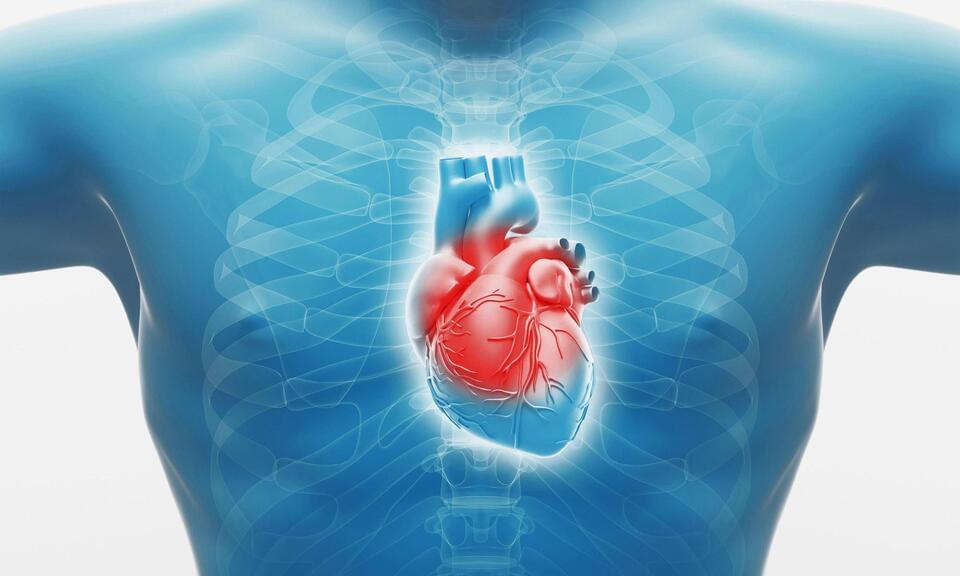
Now scientists believe they have made a breakthrough by creating implantable patches composed of beating heart muscle that can help the organ contract.
Prof Ingo Kutschka, the co-author of the work from University Medical Center Göttingen in Germany, said: “We now have, for the first time, a laboratory grown biological transplant available, which has the potential to stabilise and strengthen the heart muscle.”
The patches are made from cells taken from blood and “reprogrammed” to act as stem cells, which can develop into any cell type in the body.
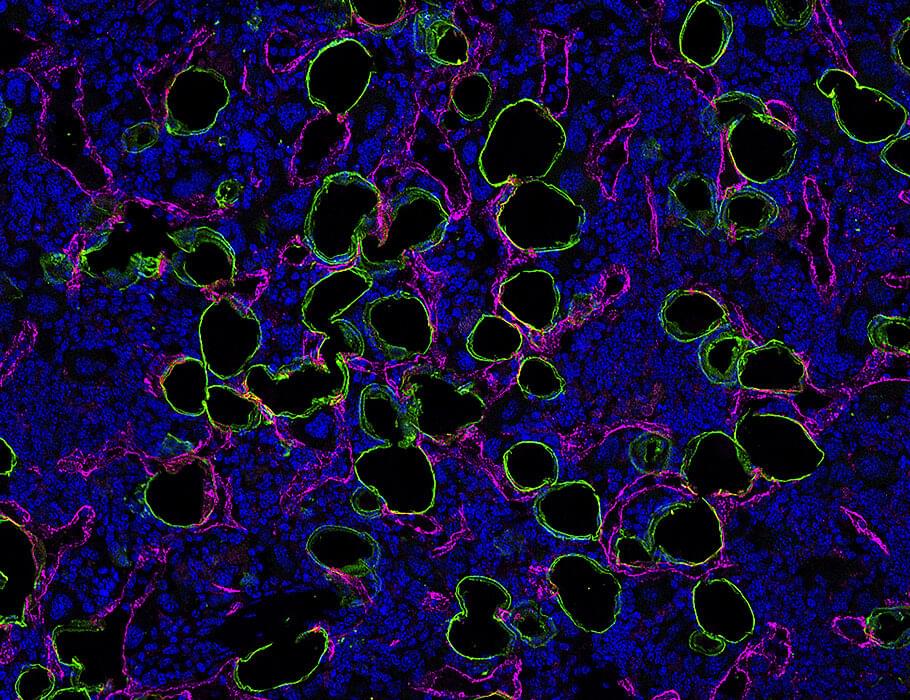
GAINESVILLE, Fla. — As humans age, we develop chronic inflammation in our blood and tissues that gradually decreases the function of blood stem cells in our bone marrow. These defects harm blood cell production and the immune system, often leading to a slew of complications and weakening responses to chemotherapy.
Now, UF Health Cancer Center researchers have discovered a way to prevent this inflammation, called “inflammaging,” by systemically targeting a protein. The findings in mice, published Jan. 3 in Science Immunology, could pave the way for therapies aimed at preserving an aging blood system, with implications for cancer treatments and aging-related diseases, including anemias, infections, and blood cancers.
“We set out to determine if we could fully preserve and rejuvenate blood stem cell function during the course of aging, a goal that had remained largely elusive so far,” said Jason Butler, Ph.D., a professor and vice chief of research in the UF Division of Hematology and Oncology and a member of the UF Health Cancer Center, who led the new study.
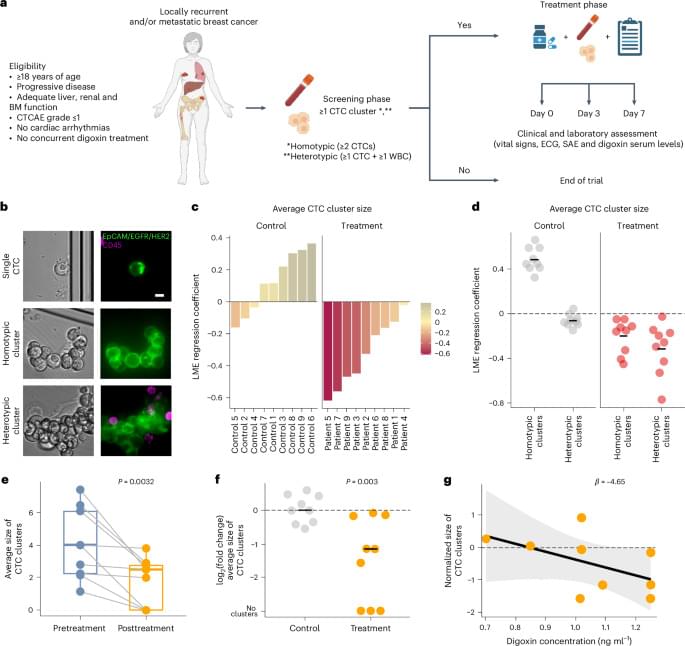
Breast cancer is the most diagnosed cancer among women globally1. In the past decade, multimodal approaches and innovative therapies have transformed the outlook of this lethal disease, leading to gains in patient survival2. Despite these advances, nearly 685,000 women die of breast cancer each year worldwide1, largely due to the development of incurable distant metastases to vital organs3. In this context, a potentially critical factor may lie within the underlying principles of most anticancer drugs. Standard-of-care treatments are typically developed on the basis of their cytotoxic activity and are not necessarily designed to interfere with metastasis-relevant mechanisms4,5. Consequently, there is an intriguing yet uncharted opportunity for the development of metastasis-targeted agents that disrupt the causes of metastasis themselves4,5.
Circulating tumor cells (CTCs) are living cells that are shed from both primary and metastatic lesions into the bloodstream, acting as metastatic pioneers6. The presence of CTCs has been firmly established to be predictive of poor prognosis in patients with breast cancer7. Recent studies by us and others demonstrated that clusters of CTCs, defined as multicellular aggregates of cancer cells alone (homotypic) or in liaison with immune cells (heterotypic), have a substantially higher metastatic capacity and a stronger association with a poor prognosis than single CTCs8,9,10. Preclinical studies further revealed unique biological properties and vulnerabilities of these clusters, such as stem-like and proliferation features dependent upon cell–cell adhesion integrity8,11. A screen with 2,486 US Food and Drug Administration-approved drugs demonstrated that Na+/K+ ATPase inhibitors, such as cardiac glycosides, effectively dissolve CTC clusters into single cells, leading to metastasis suppression in mouse models of breast cancer11. Consequently, the Digoxin Induced Dissolution of CTC Clusters (DICCT) trial has been set up as a multicentric, prospective, first-in-human proof-of-concept, single-arm, therapeutic exploratory phase 1 study aimed to examine whether the Na+/K+ ATPase inhibitor digoxin could disrupt CTC clusters in patients with metastatic breast cancer at dose levels that are safe and well tolerated (NCT03928210; DICCT/Swiss-GO-07).
The primary objective of the study was to assess the effect of digoxin on CTC cluster size in patients with metastatic breast cancer. Of note, the size of CTC clusters, rather than their general abundance, best reflects cluster-dissolution properties. Secondary objectives included the effect of digoxin on the overall abundance of CTC clusters, the kinetics of CTC cluster dissolution and the dose–response relationship of the effect. Patients aged 18 years or older with locoregionally recurrent or metastatic breast cancer with progressive disease not amenable to treatments with curative intent were eligible for study inclusion. A total of 58 patients were screened by means of peripheral blood sampling and CTC cluster assessment. Of these, 11 patients resulted positive for CTC clusters at baseline, were enrolled in DICCT and received digoxin at 0.125–0.250 mg per day (intention-to-treat population) (Fig. 1a).
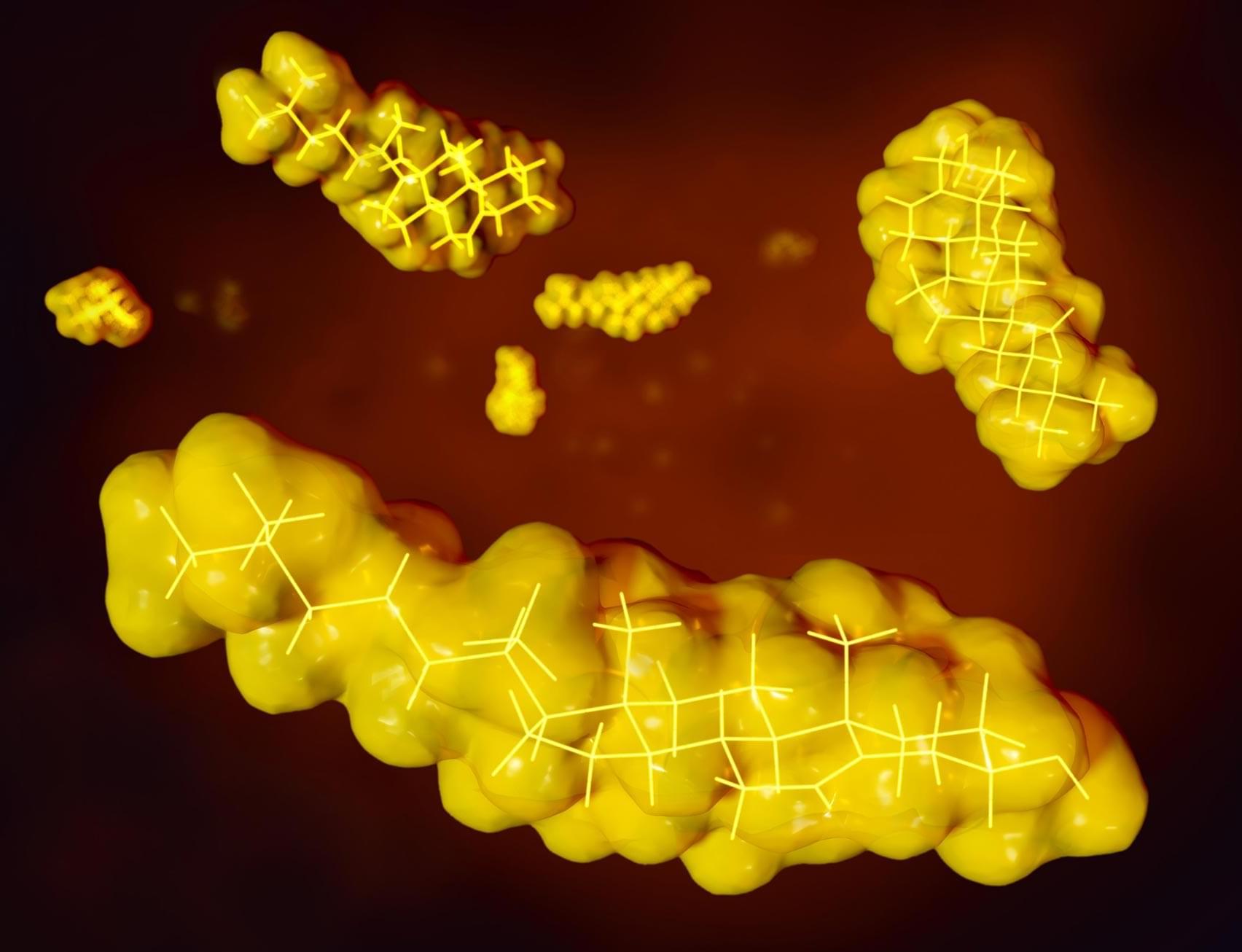
Using human stem cells, they found compounds that lower cholesterol without relying on the usual pathways, providing a fresh approach to treating the condition.
A Hidden Clue in the Mona Lisa
Leonardo da Vinci’s Mona Lisa is one of the most famous paintings in the world. However, what many people don’t know is that it may also hold a clue to a medical condition called familial hypercholesterolemia (FH). Experts believe that the subtle fat deposits visible on her hands, known as xanthomas, could be early evidence of this genetic disorder.
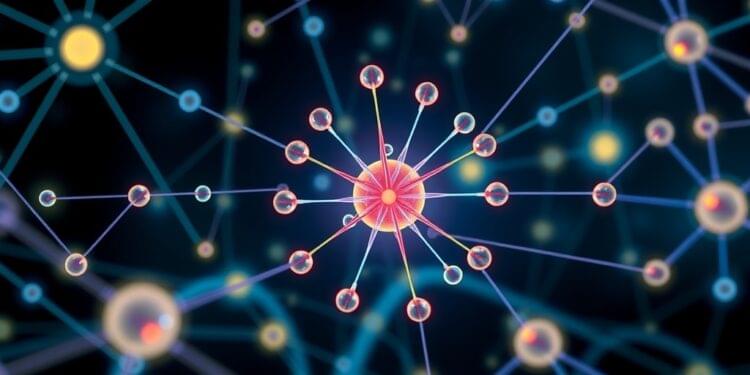
In a monumental stride toward the realization of practical quantum computing and advanced quantum networks, researchers at the prestigious Cavendish Laboratory of the University of Cambridge have successfully crafted a fully operational quantum register utilizing the atomic properties within a semiconductor quantum dot. This innovative development could pave the way for pivotal advancements in quantum information technology, crucial for the anticipated future where quantum networking integrates into everyday digital communications.
This breakthrough is detailed in a publication in Nature Physics, where it reveals the introduction of an entirely new category of qubits that are optically interconnected. As the field of quantum networking progresses, the need for stable, scalable, and adaptable quantum nodes has become increasingly evident. The research team’s focus on quantum dots is particularly advantageous, as these nanoscale entities possess unique optical and electronic attributes intrinsic to quantum mechanical phenomena.
Quantum dots have demonstrated considerable potential in existing technologies, such as medical imaging and display screens, primarily due to their efficacy as bright single-photon sources. However, to create functional quantum networks, it is essential not only to emit single photons but also to establish reliable qubits that can effectively interact with these emitted photons. Moreover, these qubits must be capable of locally storing quantum information over extended periods. The researchers’ development enhances the inherent spins of the nuclear atoms within the quantum dots, optimizing them into a cohesive many-body quantum register.

In today’s AI news, Block announced the launch of Goose, an open-source AI agent that allows developers to customize the tool for different purposes and using different large language models. Block’s move comes just after the Chinese startup DeepSeek unveiled its R1 artificial intelligence model, a rival to leading U.S. AI providers.
In other advancements, Cerebras and the Mayo Clinic, announcing a joint project for AI tools used in patient care. The technology was announced at the JP Morgan Healthcare Conference. In this project, the stakeholders aim to use a human reference genome to combine with patient data in order to try to identify genetic differences.
S innovative R1 reasoning model into its platform to revolutionize AI-powered search. This strategic integration strengthens Perplexity’s ability to perform deep web searches, providing users with more comprehensive and accurate results while upholding strict data security standards. + And, San Francisco-based start-up Atomicwork will today announce it has clinched $25 million of Series A financing in a round led by Khosla Ventures and Z47. The funding announcement comes less than six months after the last round, takes the total amount of money raised by the company since its launch to almost $40 million.
In videos, on this episode of Top of Mind, Gartner Global Chief of Research Chris Howard is joined by Rita Sallam, Distinguished VP Analyst, to explore how organizations can create measurable value with AI in 2025. Learn how to align investments with business priorities, manage productivity challenges and balance risk with ambition.
Ll gain a deeper knowledge of what makes a chatbot truly effective. + And, AI is transforming science in ways we never imagined. Bonnie Kruft, Deputy Director of AI for Science at Microsoft Research, shares how cutting-edge AI models are revolutionizing drug discovery, materials science, and climate prediction. Bonnie reveals how these innovations are shaping a healthier, more sustainable future for all.
S open-source model allows sharing of information, helping to lift all AI progress. He joins Caroline Hyde and Mike Shepard on “Bloomberg Technology” to discuss. ‘ + Thats all for today, but AI is moving fast — like, comment, and subscribe for more AI news! Please vote for me in the Entrepreneur of Impact Competition today! Thank you for supporting my partners and I, it’s how I keep Neural News Network free.
[](https://open.substack.com/pub/remunerationlabs/p/block-launc…hare=true)

Scientists have discovered two enormous structures deep within Earth’s mantle. Research from Utrecht University reveals these regions are hotter and older than the surrounding sunken tectonic plates—at least half a billion years old, possibly older.
This finding challenges the idea that Earth’s mantle is well-mixed and fast-flowing, suggesting less movement in the mantle than previously thought.
Large earthquakes make the Earth vibrate like a bell with different tones. Seismologists study these tones to understand Earth’s interior. If the tones are “out of tune” or quieter, it indicates anomalies, helping to create images of Earth’s interior, similar to X-rays for doctors.
As you lay your head down to sleep tonight and dream all things weird and wonderful, scientists think your brain is going through a gentle rinse cycle, washing away a day’s worth of toxic by-products in preparation for a new day of thinking ahead.
But the mechanisms behind this neurological cleansing system have yet to be described in detail.
Now researchers from the University of Copenhagen have applied a suite of technologies to map the subtle rise and fall of neurotransmitters, blood volume, and spinal fluid in mice as they go about their day.